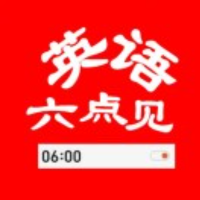
“老顾客” 可不能简单直译为 “old customer”,这里的 “老” 侧重于经常光顾、频繁出现。“a regular customer” 才是正解,“regular” 读音 [ˈreɡ.jə.lɚ] ,有 “频繁的,常来的” 之意。
例如
The coffee shop always offers discounts to regular customers.
咖啡店总会给老顾客提供折扣。
老员工用英语怎么说?说到 “老员工”,千万别误用 “old staff”。它常用 “senior staff” 来表示,凸显资历深、经验丰富。“senior” 自带资深、级别高的意味。
例句:
Our company encourages senior staff to mentor new hires.
我们公司鼓励老员工指导新入职员工。
此外,“veteran [ˈvetərən] staff” 与 “experienced staff ” 也能表达老员工,前者尤指经验老到,后者强调有丰富经验。
老司机用英语怎么说?“老司机” 并非 “old driver”,若是指驾驶经验丰富的司机,要用 “veteran driver” 或者 “experienced driver” ,“veteran” 和 “experienced” 都传递出经验充足的感觉。要是形容情场 “老司机”,也就是花花公子,那就是 “playboy”。
比如
He's a veteran driver who has driven across the country countless times.
他是个经验丰富的老司机,驾车横穿这个国家无数次了。
老乡用英语怎么说?“老乡” 有多样说法。“fellow-townsman” 指来自同一城镇的人;“fellow-villager” 更侧重来自同一村庄;“country folk” 比较口语化、接地气,有种质朴的乡村乡亲之感;“homie [ˈhoːmi]” 则源于嘻哈文化,多在亲密、随意氛围下称呼同乡好友,很有亲昵感。
例如
I ran into a fellow-townsman at the train station.
我在火车站碰到了一个老乡。
